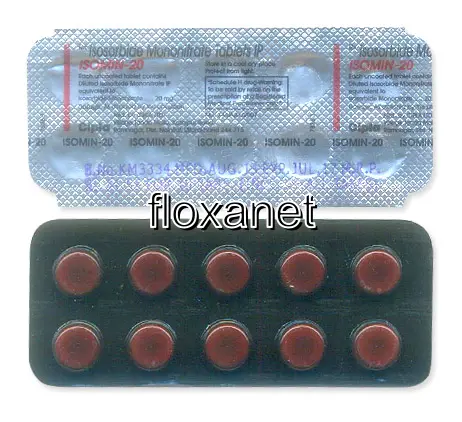| Package | Dosage | Price | Price per Dose | |
|---|---|---|---|---|
| Dosage: 20mg | ||||
| 360 pill | 20mg | $274.81 | $0.76 | |
| 180 pill | 20mg | $155.44 | $0.86 | |
| 120 pill | 20mg | $116.58 | $0.97 | |
| 90 pill | 20mg | $97.15 | $1.08 | |
| 60 pill | 20mg | $74.94 | $1.25 | |
| 30 pill | 20mg | $45.79 | $1.51 | |
| Dosage: 40mg | ||||
| 360 pill | 40mg | $359.48 | $1.00 | |
| 180 pill | 40mg | $187.37 | $1.04 | |
| 120 pill | 40mg | $126.29 | $1.05 | |
| 90 pill | 40mg | $99.92 | $1.11 | |
| 60 pill | 40mg | $73.55 | $1.24 | |
| 30 pill | 40mg | $40.24 | $1.36 | |

Isosorbide Mononitrate Description
Overview of Isosorbide Mononitrate
Isosorbide Mononitrate is a medication primarily used to prevent episodes of angina pectoris, which refers to chest pain caused by restricted blood flow to the heart. It belongs to the class of nitrates, substances that work by relaxing and widening blood vessels. This action helps to reduce the heart's workload and improve blood supply, relieving symptoms of chest pain. Many patients find this medication effective in managing chronic angina, making it a common choice for long-term treatment plans.
How Does It Work?
The active ingredient, Isosorbide Mononitrate, converts into nitric oxide in the body. Nitric oxide is a powerful vasodilator, which means it relaxes smooth muscles lining the blood vessels. As a result, blood vessels become wider, decreasing the resistance in the arteries. This leads to lower blood pressure and less strain on the heart. Because of these properties, Isosorbide Mononitrate helps prevent angina attacks by maintaining better blood flow to the heart muscle during everyday activities.
Potential Benefits of Using Isosorbide Mononitrate
Patients who use Isosorbide Mononitrate often experience a significant reduction in angina episodes. It can help improve exercise tolerance and overall quality of life. Unlike some medications that require strict timing around meals, Isosorbide Mononitrate offers flexibility because it is usually taken once daily. Consistent use can make a real difference in controlling symptoms and preventing emergency situations related to angina. Many find that it provides a steady level of relief, helping them maintain their daily routines with less discomfort.
Possible Side Effects and Risks
While generally well tolerated, Isosorbide Mononitrate can cause side effects in some individuals. Common issues include headaches, dizziness, flushing, and nausea. Headaches are often reported when starting the medication and tend to diminish over time. Dizziness and lightheadedness may occur, particularly when standing up quickly, due to lowered blood pressure. Less frequently, some users experience allergic reactions or skin irritations. It’s important to communicate any unusual or severe side effects to a healthcare provider promptly.
Precautions and Interactions
Before starting Isosorbide Mononitrate, informing your doctor about all current medications is essential. Certain drugs, such as other vasodilators or blood pressure medications, may interact and increase the risk of side effects like hypotension. Alcohol consumption should also be approached cautiously, as it can enhance the blood pressure-lowering effects of the medication. Patients with specific health conditions, such as severe anemia or a history of low blood pressure, should discuss these with their doctor before initiating therapy.
Usage and Dosage Instructions
Typically, Isosorbide Mononitrate is prescribed in once-daily doses, with the exact amount depending on individual health needs. It is best taken on an empty stomach or with a light meal for better absorption. Patients should adhere strictly to the prescribed schedule and avoid sudden discontinuation without medical advice, as this may cause a rebound increase in chest pain. Regular medical check-ups are recommended to monitor the medication’s effectiveness and any side effects.
Conclusion
Overall, Isosorbide Mononitrate is a reliable medication for preventing angina attacks. It provides a steady blood vessel dilation effect that can significantly improve the quality of life for those suffering from stable angina. As with any medication, careful adherence to prescribed instructions and open communication with a healthcare professional are key to maximizing benefits and minimizing risks. Patients should be aware of potential side effects and interactions to ensure safe and effective treatment.